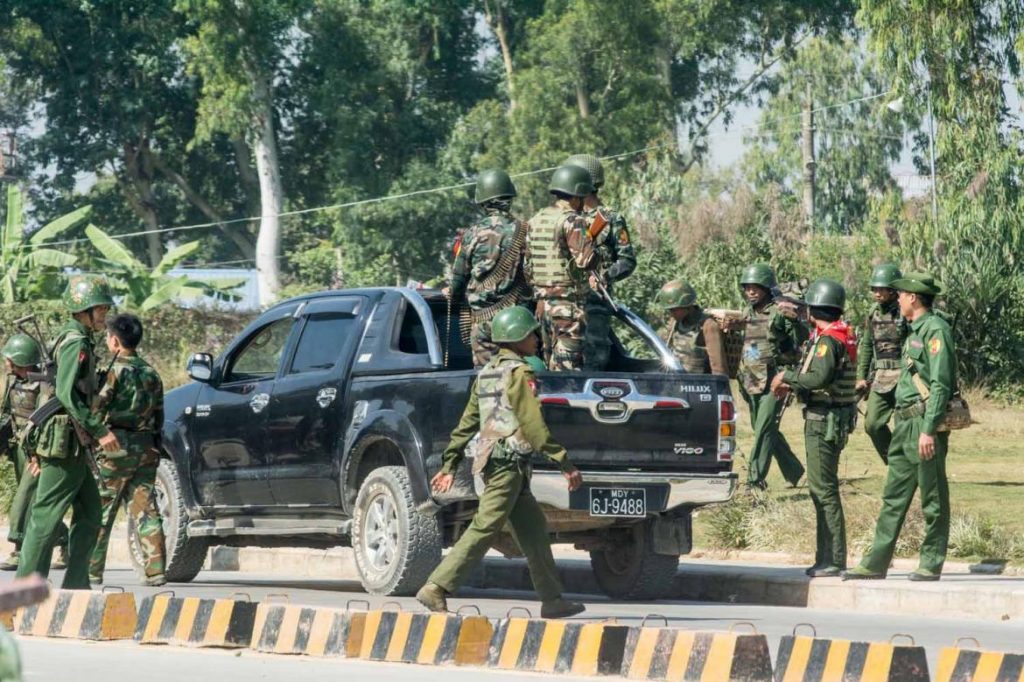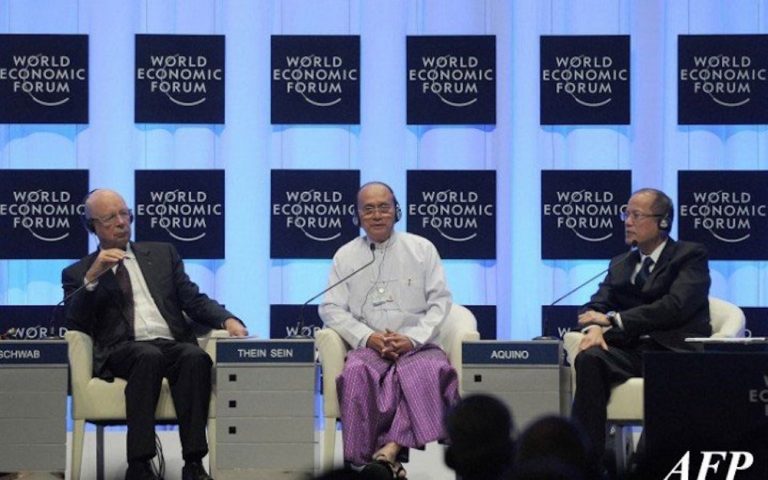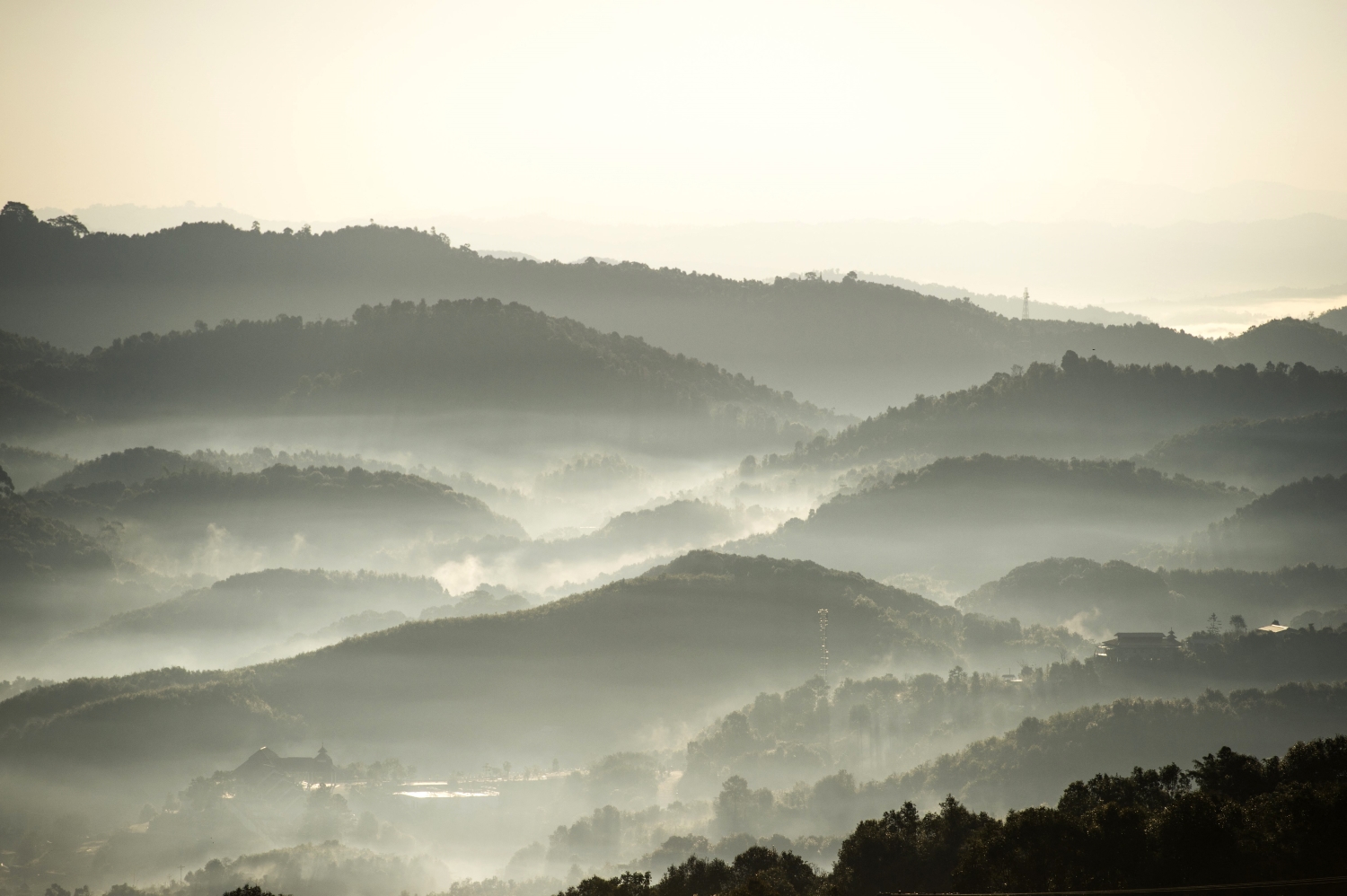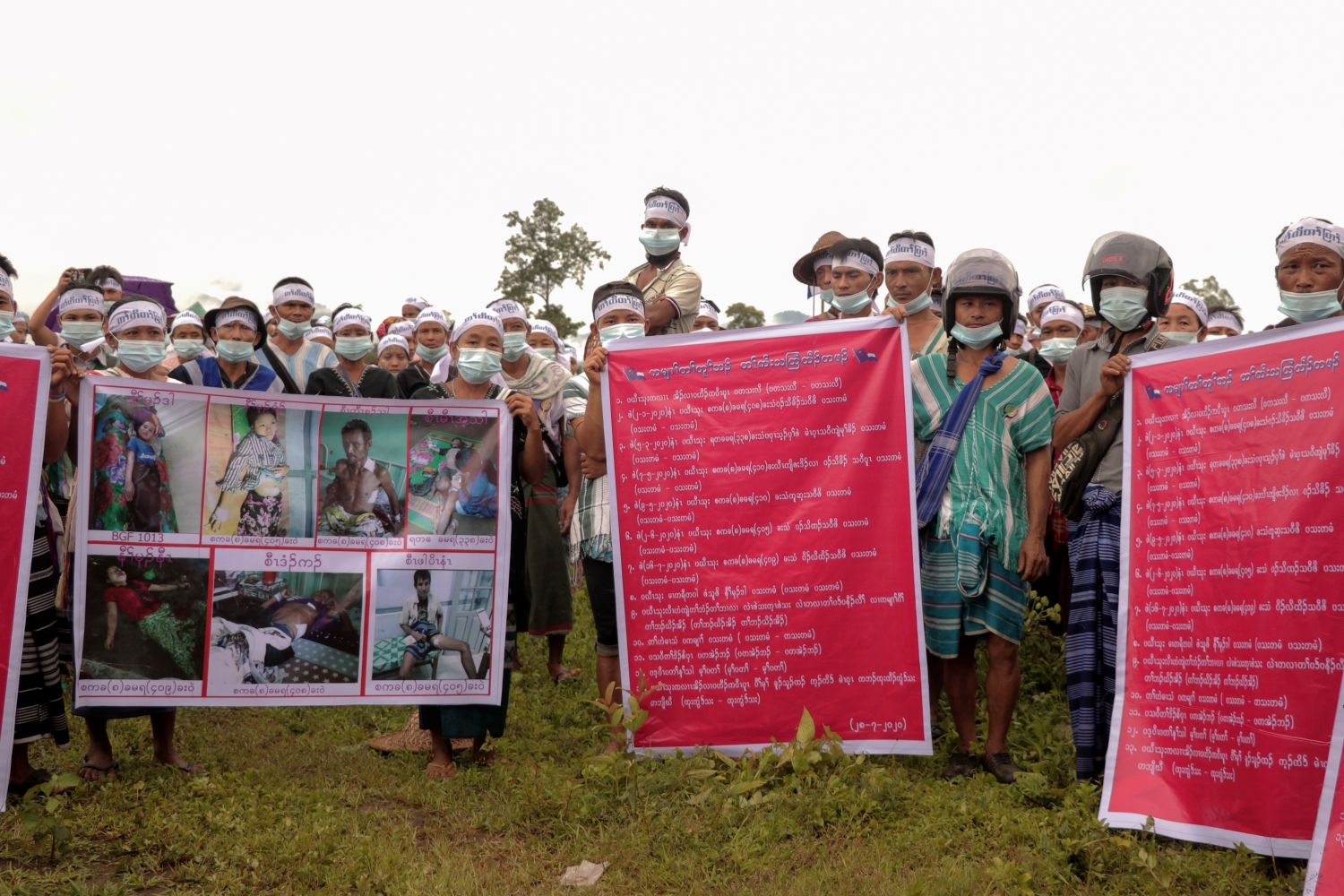By NYAN HLAING LYNN | FRONTIER
NAY PYI TAW — The Joint Coordination Body for Peace Process Funding has given the green light to spending more than US$13 million on the peace process over the next 18 months.
The funding, from the United Nations and international donors, was approved at a meeting on Thursday in Nay Pyi Taw, the State Counsellor’s Office said. Of the total, $2.5 million has been allocated for the National Reconciliation and Peace Centre, $6.5 million for the Union Joint Ceasefire Monitoring Committee (JMC-U) and $4.7 million for the coordination offices of ethnic armed groups.
The State Counsellor’s Office said it would be used to achieve four outcomes: to make fighting stop; to conduct negotiations and political dialogue; to carry out development tasks in support of the peace process; and to support the activities of the NRPC.
The meeting also agreed to reform the JCB to have 20 members, including 10 from the government and 10 from ethnic armed groups.
Support more independent journalism like this. Sign up to be a Frontier member.
Daw Aung San Suu Kyi said at the meeting that the funding would enable the government to continue negotiations aimed at ending armed conflict. It would also be used to improve the lives of grassroots communities, she said, adding that the government would not discriminate against those armed groups that have not yet signed the nationwide ceasefire.
She said that the government had formed a Ministry of Ethnic Affairs in line with the Ethnic Peoples’ Rights Protection Law and the ministry was undertaking activities to ensure the rights of ethnic minorities are upheld, particularly in regard to their languages, literature and cultures.
Karen National Union secretary Padoh Saw Kwe Htoo Win, who attended the meeting, said it had not yet been decided where development tasks would be undertaken.
“Implementation depends on the readiness of the area. Each region is different. So today we just discussed the principles of carrying out peace-supporting development tasks,” he said.
Although they have not signed the ceasefire, the United Wa State Army and Mongla armed groups were represented at the meeting by junior officials.







